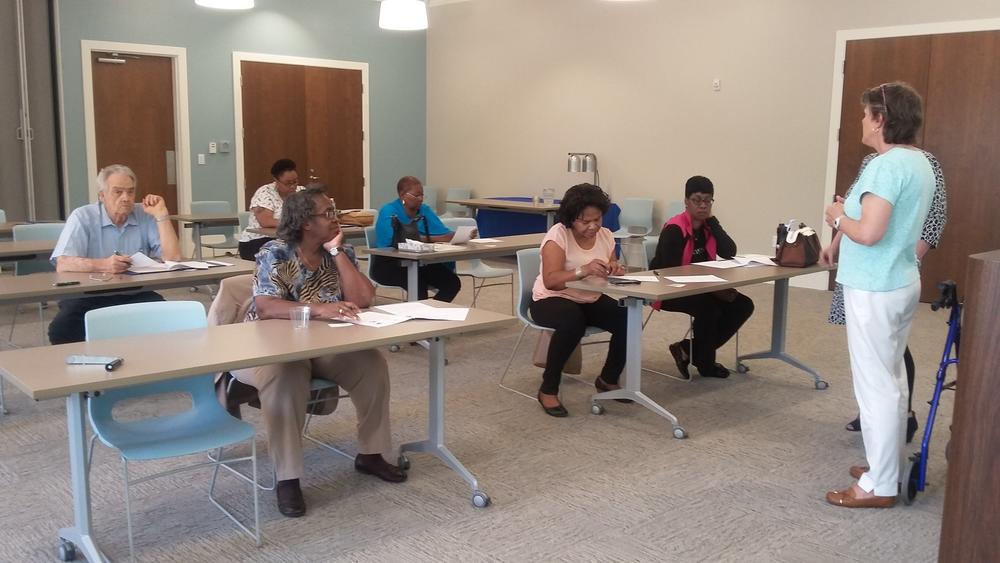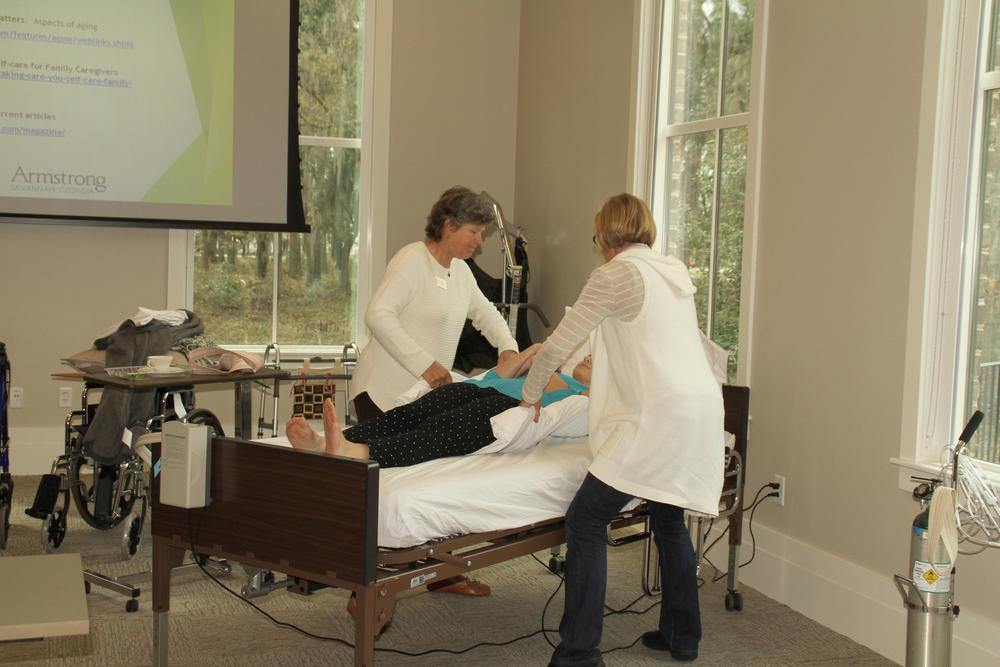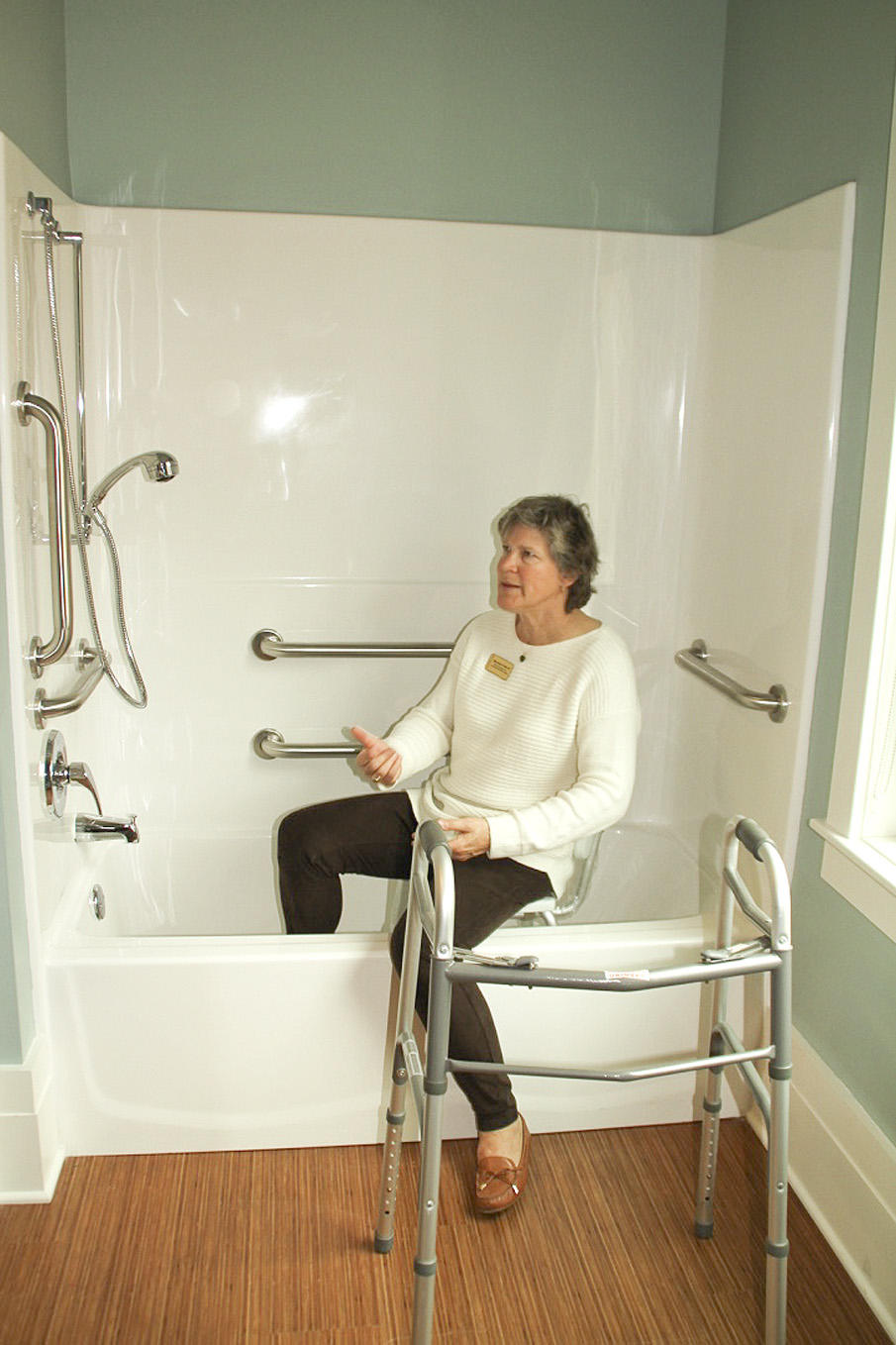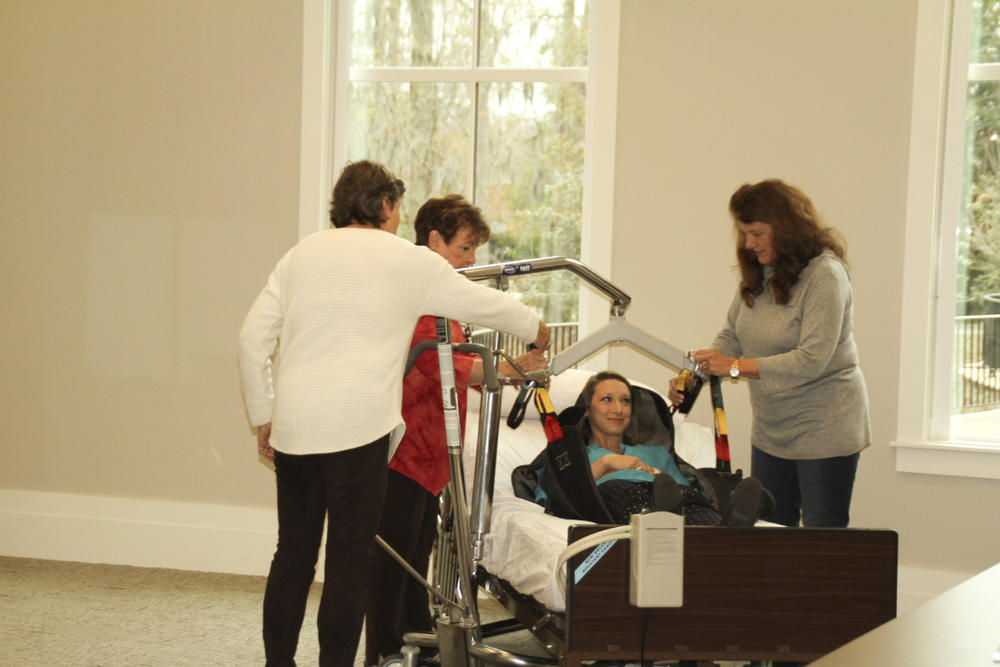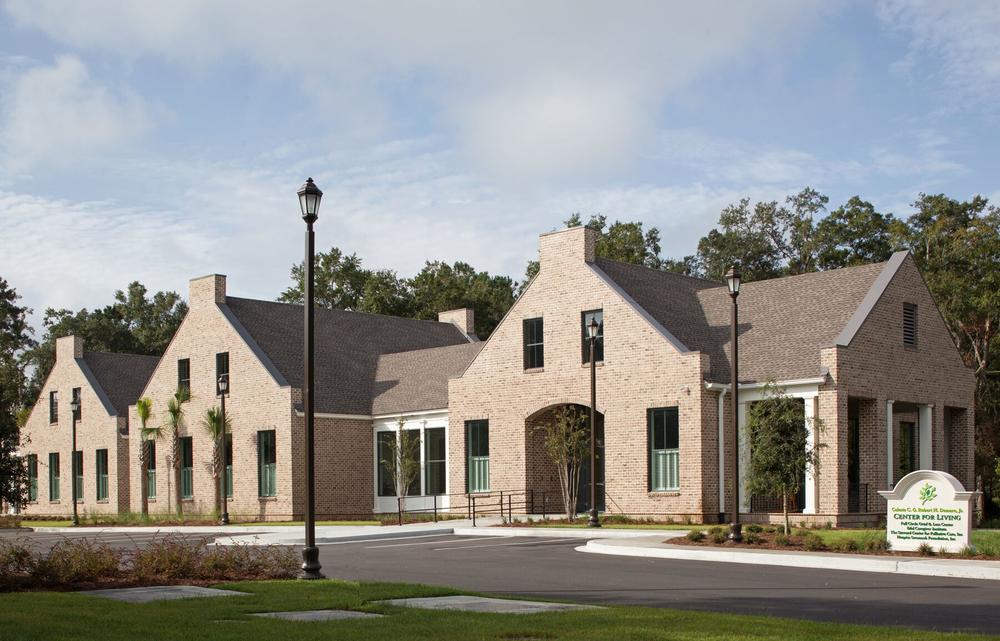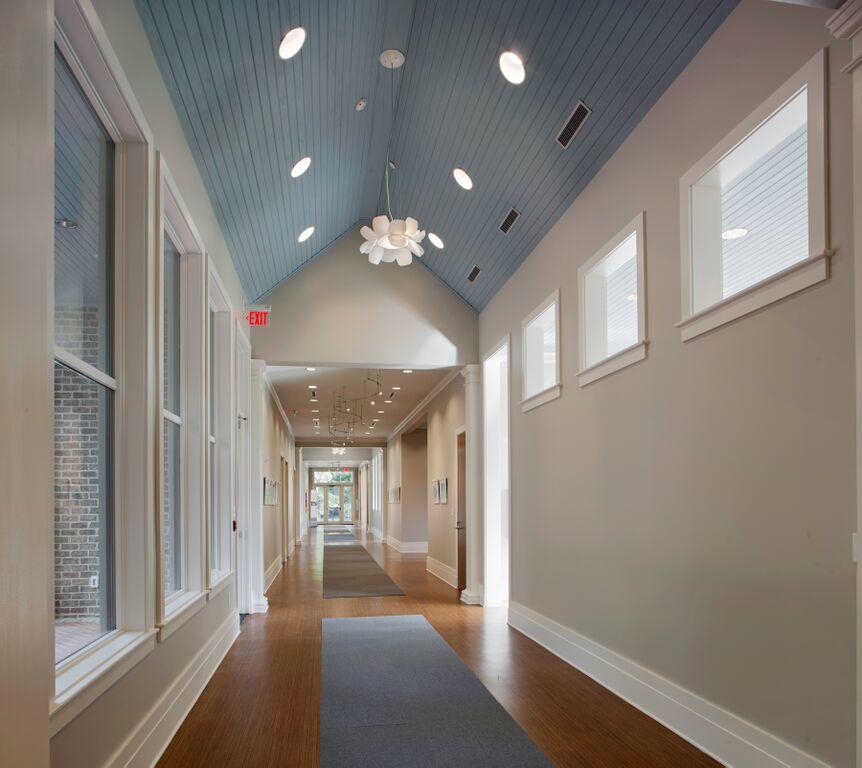Section Branding
Header Content
Who Cares For Family Caregivers? (VIDEO)
Primary Content
Every day 10,000 baby boomers turn 65 according the Pew Research Center.
The National Council on aging finds almost all of them have at least one chronic health condition, meaning it’s likely someone will eventually have to take care of them.
Family caregivers face multiple stresses that can affect their own health.
The Edel Caregiver Institute, which opened late last year in Savannah, is helping to provide care for the caregivers.
Lenny Doe is a caregiver in Savannah providing full time care for his mother with Alzheimer's.
He sports a Yankees hat and jersey, with a thick New York accent to match.
He describes himself as a people person, but has a somber face as he tries to guide his mom to the restroom. It isn’t easy.
"You have to go to the bathroom, the bathroom is right there ma. Not the chair you said you have to go to the bathroom c’mon," Doe coached, leading her down the hall.
Caring for his mother is not Doe’s only struggle. In 1999 he was shot in the head four times. No one expected him to survive.
But he did. His mother nursed him back to health, so four years ago when he found out she had Alzheimer's he wanted to care for her.
Shortly after he took on the responsibility, Doe got a septic infection in his legs that resulted in his regular use of a wheelchair.
Doctors think stress from caregiving contributed to his decline in health. Doe isn’t sure but says it doesn’t matter because, "You can never repay your parents for all that they do for their kids anyway, I just want to show them my appreciation."
It’s very common for caregivers to neglect their own health. The National Center on Caregiving says the results can be increased levels of stress, depression and even premature death.
Most people will take on caregiving duties at some point in their life according to a report released by AARP. But many have little to no training.
"It’s not like we say as we’re going to college, yes probably another responsibility
I’ll have in the future will be caregiving," said Paula Hudson, the manager of the Edel Institute.
According to officials at one of its partners, the Rosalynn Carter Institute for Caregiving, Edel may be the only institute in the state that provides direct hands on training to caregivers.
Hudson said, "We recognized that there was definitely a void in the community in regards to helping caregivers."
But, if so many are struggling why not just get professional assistance?
Debra Hagerty, Asst. Nursing Professor at Armstrong State University and, former
caregiver explained, "In home care is very expensive…I was paying $18 an hour for 24 hour care."
That’s over $3,000 a week. She didn’t qualify for Medicaid so the costs were split between Hagerty and her mom, and many don’t want to put their loved ones in a facility.
Caregiver Lenny Doe is watching his mother’s brain deteriorate before his eyes.
She cradles a teddy bear she believes is her child saying, "My baby. Cutest little thing there ever was."
Doe says he’s stressed everyday, but he won’t give up.
"I’m not a quitter I don’t let nothing stop me or slow me down from doing what I need to do."
Despite his determination, Doe says he still has moments of doubt. The Edel Institute hopes to give caregivers like Doe, the tools, training and support they need to keep caring for their loved ones.
A bill before the U.S. Senate would offer some help to caregivers. Under the measure they would qualify for up to $3,000 in tax credits.
